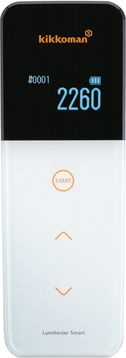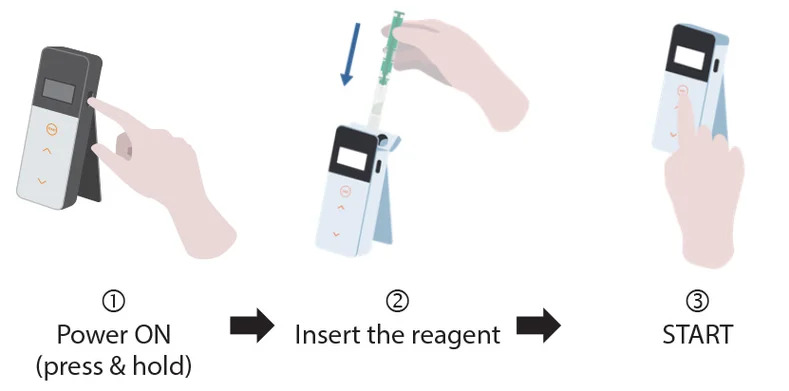 Food contamination is often linked to the presence of Adenosine triphosphate (ATP), a molecule that is found in many food materials including plant and animal tissues and within microorganisms such as yeast, mould, and bacteria. Hence, many food manufacturers and suppliers conduct ATP detection tests regularly. This is one of the most commonly used methods to verify the cleanliness of your facilities and your products. However, the limited accuracy and sensitivity of conventional ATP tests are being brought to light by a study from the University of Wisconsin-Madison.
A research conducted by the University of Wisconsin-Madison revealed that ATP actually breaks down into ADP (adenosine diphosphate) and then it further degrades into AMP (adenosine monophosphate). The problem with how conventional test kits function is that they exclusively detect ATP molecules in your test sample, leading to potentially dangerous false negatives.
The only solution to address the issue of inaccurate test kits and mitigate the risk of false negatives is to utilize the LuciPac A3 Surface. This test kit is specifically designed not only to detect ATP molecules but also ADP and AMP residues, hence its designation as A3 (ATP, ADP, & AMP). The LuciPac A3 Surface provides increased sensitivity and delivers more precise results than traditional ATP tests. Additionally, it is designed for user-friendly simplicity, yielding results in just 10 seconds.
Click Here to learn more about the LuciPac A3 Surface!
Click Here to read the more about the University of Wisconsin-Madison research on ATP Degradation
Click here for the LuciPac A3 Surface Brochure
Food contamination is often linked to the presence of Adenosine triphosphate (ATP), a molecule that is found in many food materials including plant and animal tissues and within microorganisms such as yeast, mould, and bacteria. Hence, many food manufacturers and suppliers conduct ATP detection tests regularly. This is one of the most commonly used methods to verify the cleanliness of your facilities and your products. However, the limited accuracy and sensitivity of conventional ATP tests are being brought to light by a study from the University of Wisconsin-Madison.
A research conducted by the University of Wisconsin-Madison revealed that ATP actually breaks down into ADP (adenosine diphosphate) and then it further degrades into AMP (adenosine monophosphate). The problem with how conventional test kits function is that they exclusively detect ATP molecules in your test sample, leading to potentially dangerous false negatives.
The only solution to address the issue of inaccurate test kits and mitigate the risk of false negatives is to utilize the LuciPac A3 Surface. This test kit is specifically designed not only to detect ATP molecules but also ADP and AMP residues, hence its designation as A3 (ATP, ADP, & AMP). The LuciPac A3 Surface provides increased sensitivity and delivers more precise results than traditional ATP tests. Additionally, it is designed for user-friendly simplicity, yielding results in just 10 seconds.
Click Here to learn more about the LuciPac A3 Surface!
Click Here to read the more about the University of Wisconsin-Madison research on ATP Degradation
Click here for the LuciPac A3 Surface Brochure Food contamination is often linked to the presence of Adenosine triphosphate (ATP), a molecule that is found in many food materials including plant and animal tissues and within microorganisms such as yeast, mould, and bacteria. Hence, many food manufacturers and suppliers conduct ATP detection tests regularly. This is one of the most commonly used methods to verify the cleanliness of your facilities and your products. However, the limited accuracy and sensitivity of conventional ATP tests are being brought to light by a study from the University of Wisconsin-Madison.
A research conducted by the University of Wisconsin-Madison revealed that ATP actually breaks down into ADP (adenosine diphosphate) and then it further degrades into AMP (adenosine monophosphate). The problem with how conventional test kits function is that they exclusively detect ATP molecules in your test sample, leading to potentially dangerous false negatives.
The only solution to address the issue of inaccurate test kits and mitigate the risk of false negatives is to utilize the LuciPac A3 Surface. This test kit is specifically designed not only to detect ATP molecules but also ADP and AMP residues, hence its designation as A3 (ATP, ADP, & AMP). The LuciPac A3 Surface provides increased sensitivity and delivers more precise results than traditional ATP tests. Additionally, it is designed for user-friendly simplicity, yielding results in just 10 seconds.
Click Here to learn more about the LuciPac A3 Surface!
Click Here to read the more about the University of Wisconsin-Madison research on ATP Degradation
Click here for the LuciPac A3 Surface Brochure
Food contamination is often linked to the presence of Adenosine triphosphate (ATP), a molecule that is found in many food materials including plant and animal tissues and within microorganisms such as yeast, mould, and bacteria. Hence, many food manufacturers and suppliers conduct ATP detection tests regularly. This is one of the most commonly used methods to verify the cleanliness of your facilities and your products. However, the limited accuracy and sensitivity of conventional ATP tests are being brought to light by a study from the University of Wisconsin-Madison.
A research conducted by the University of Wisconsin-Madison revealed that ATP actually breaks down into ADP (adenosine diphosphate) and then it further degrades into AMP (adenosine monophosphate). The problem with how conventional test kits function is that they exclusively detect ATP molecules in your test sample, leading to potentially dangerous false negatives.
The only solution to address the issue of inaccurate test kits and mitigate the risk of false negatives is to utilize the LuciPac A3 Surface. This test kit is specifically designed not only to detect ATP molecules but also ADP and AMP residues, hence its designation as A3 (ATP, ADP, & AMP). The LuciPac A3 Surface provides increased sensitivity and delivers more precise results than traditional ATP tests. Additionally, it is designed for user-friendly simplicity, yielding results in just 10 seconds.
Click Here to learn more about the LuciPac A3 Surface!
Click Here to read the more about the University of Wisconsin-Madison research on ATP Degradation
Click here for the LuciPac A3 Surface Brochure














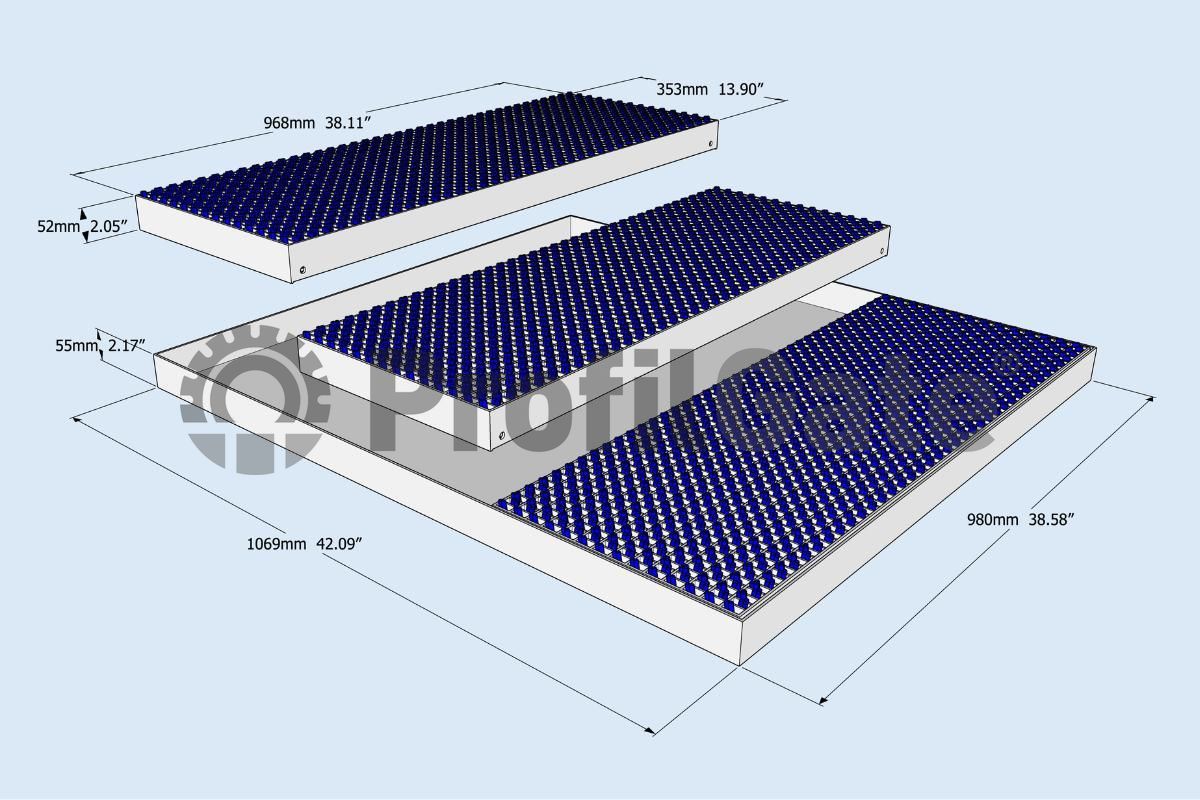
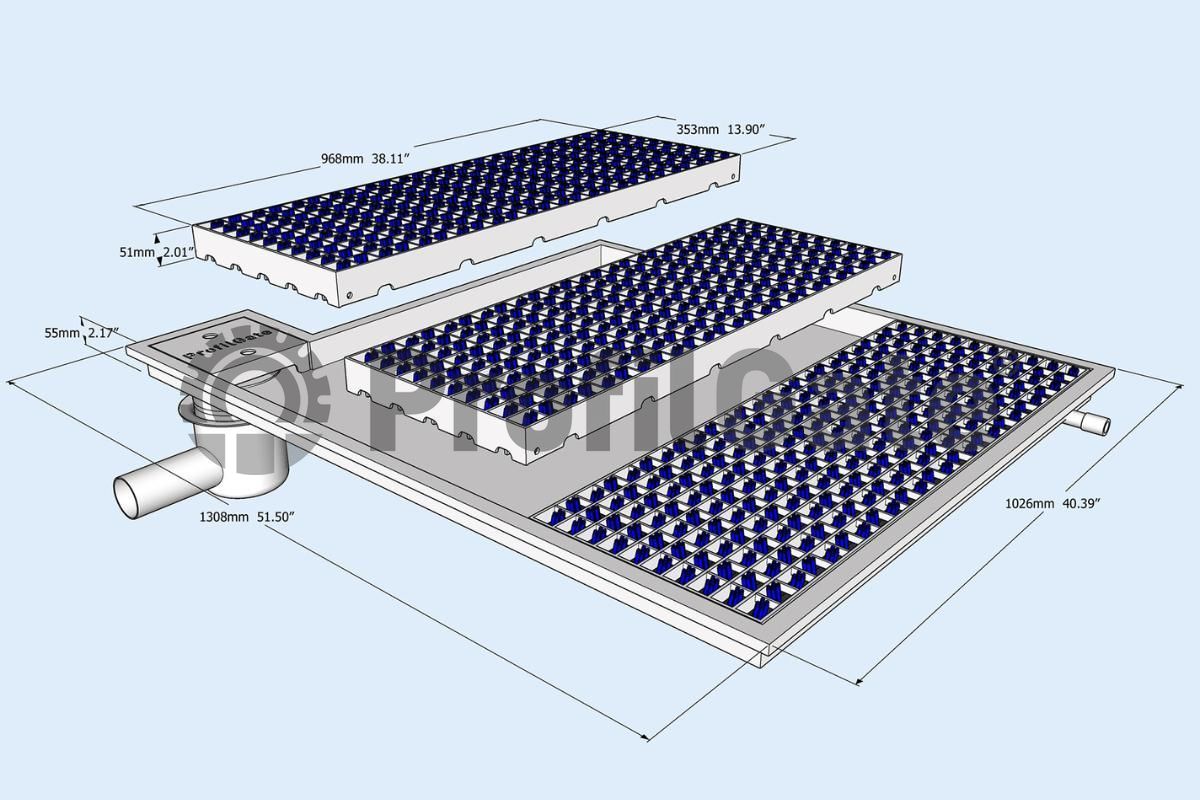
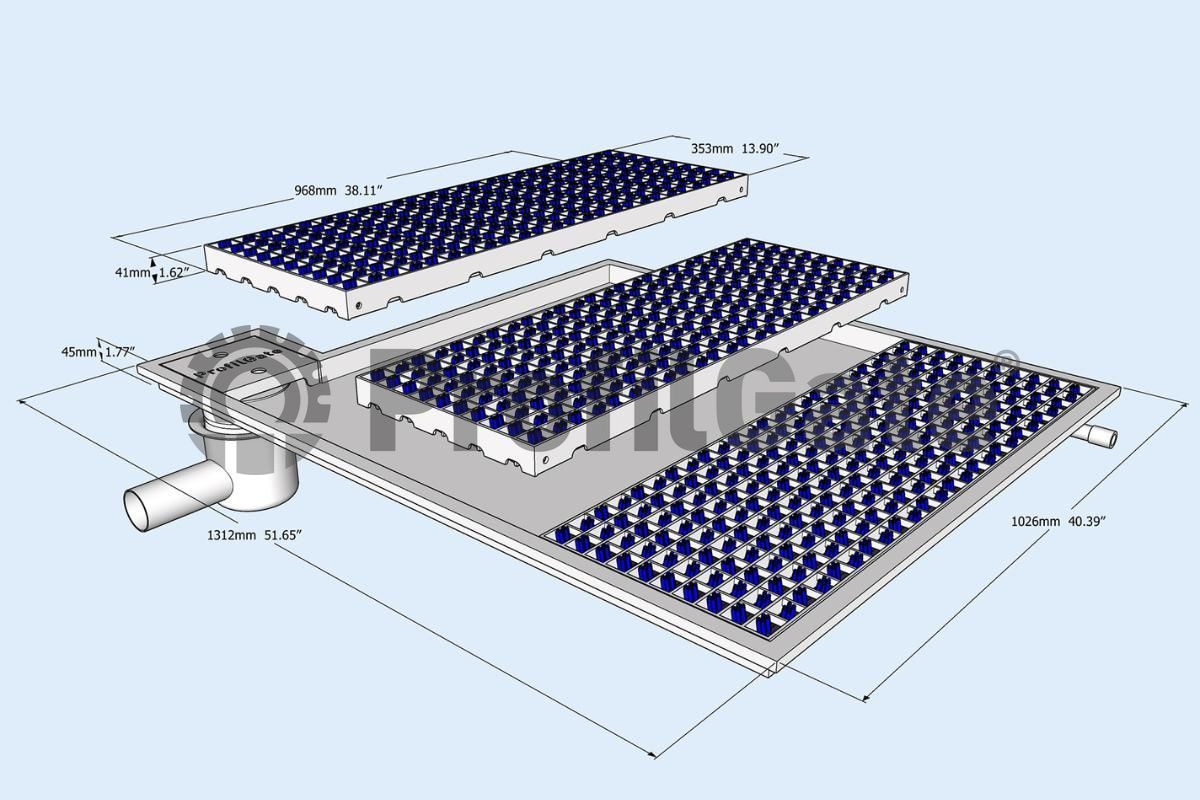
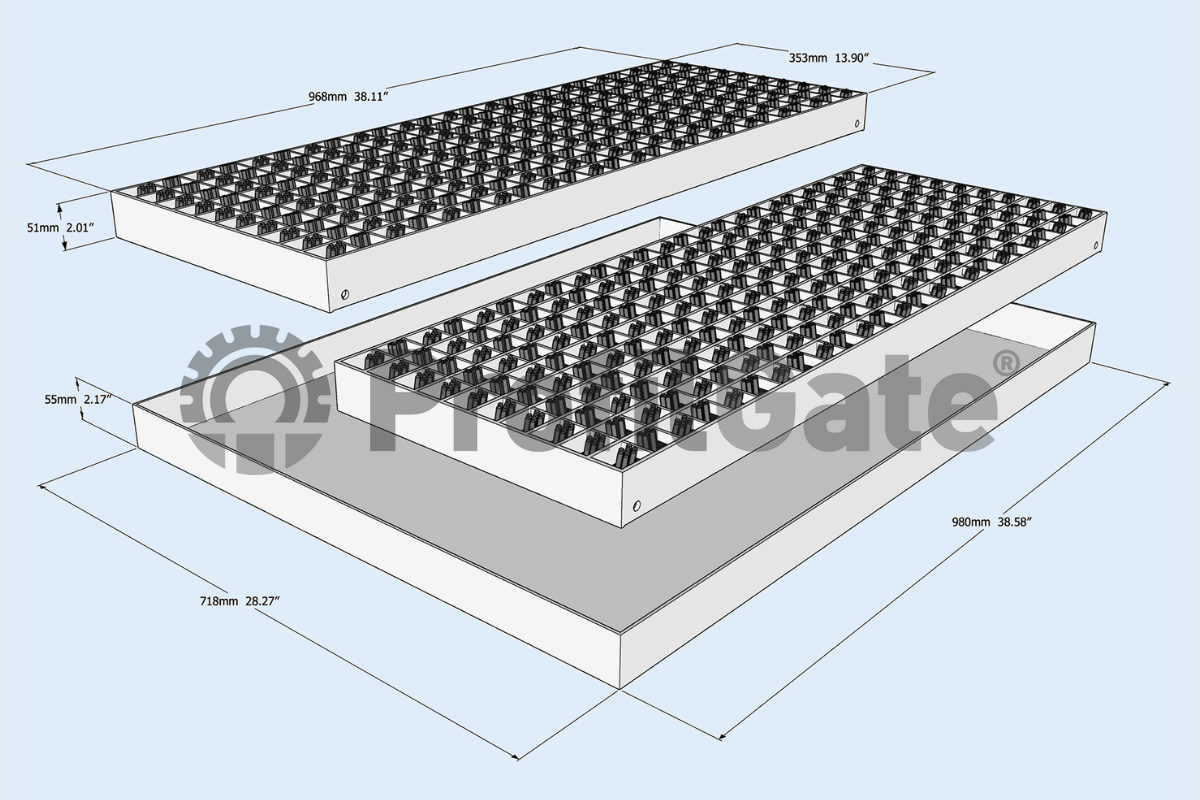
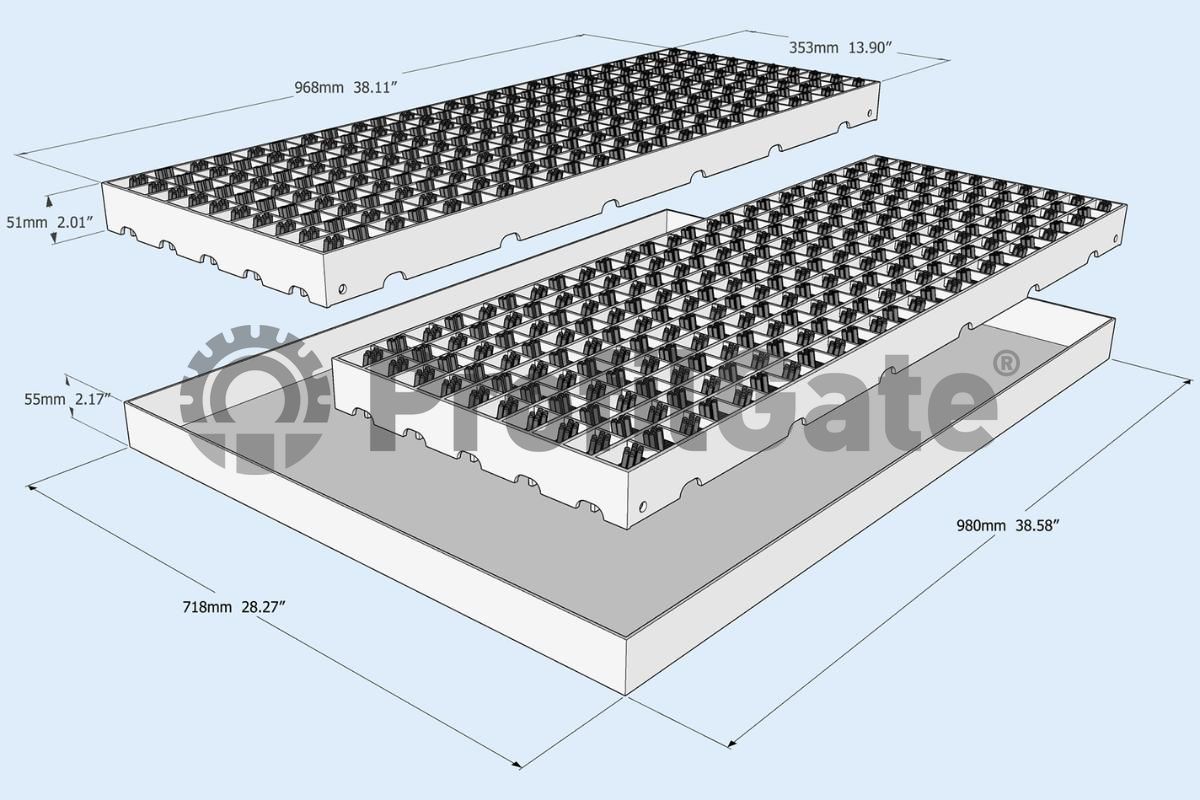
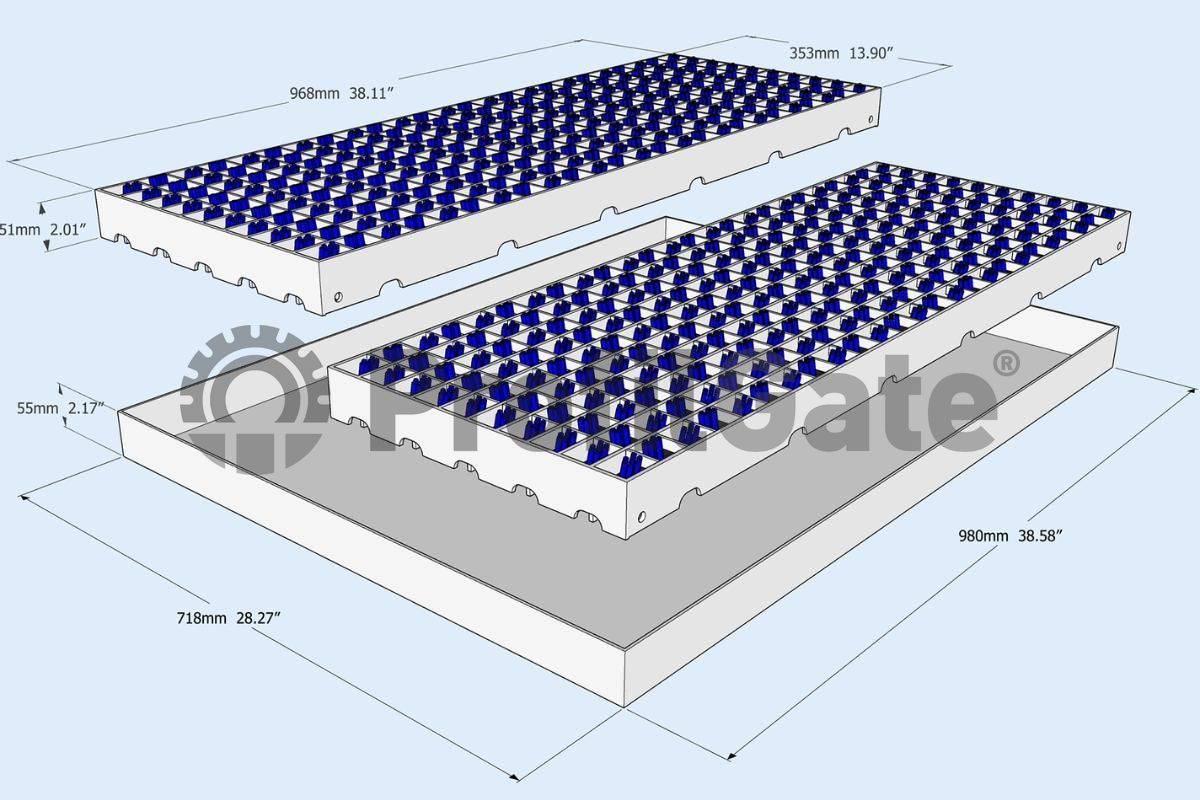
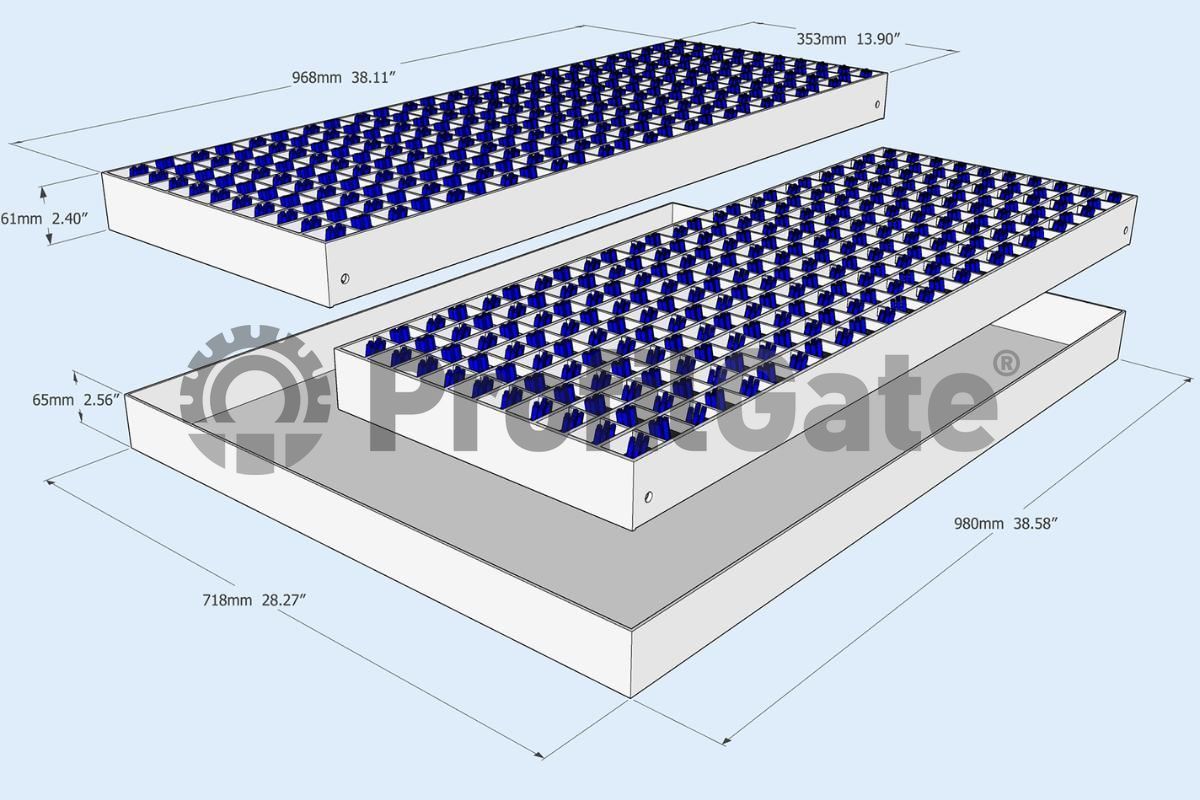
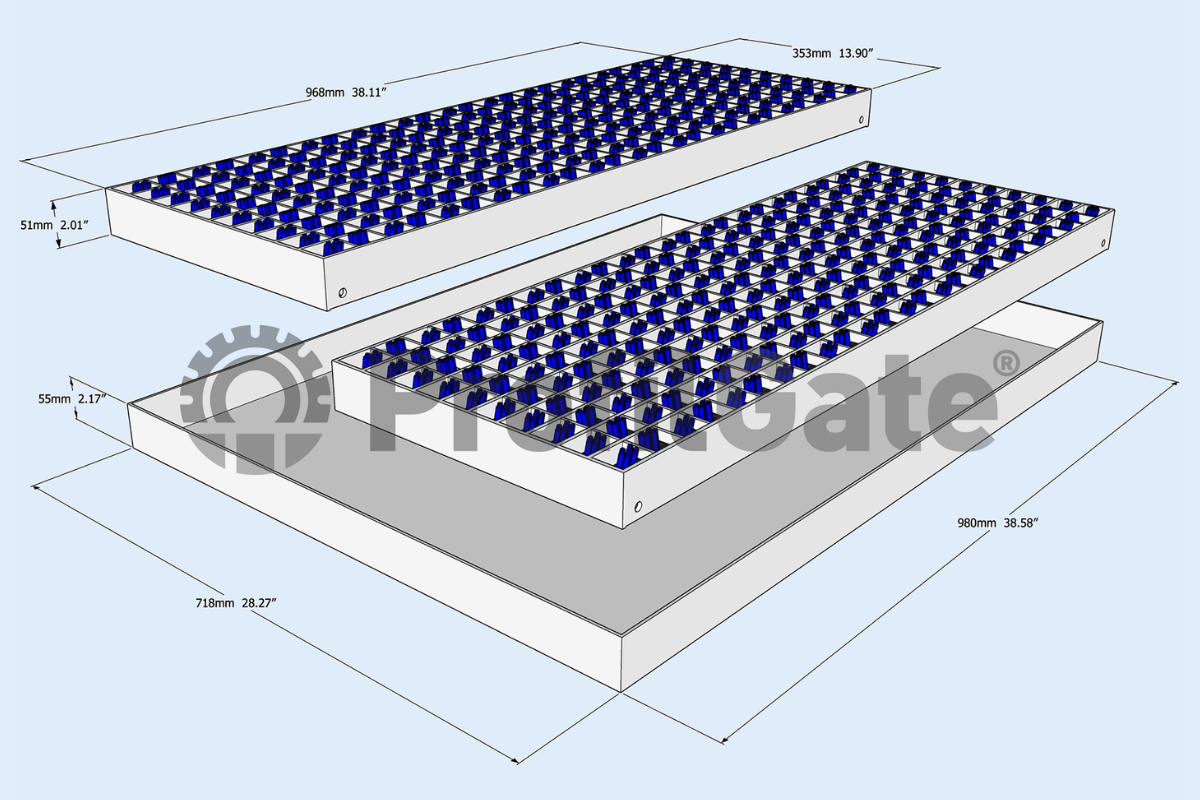
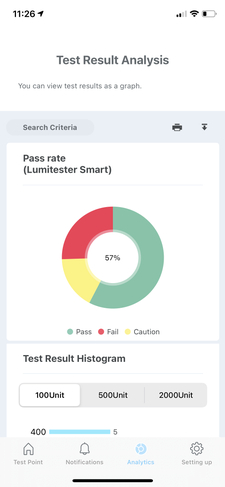 Exportable Data and Reports for Regulatory Compliance
Exportable Data and Reports for Regulatory Compliance


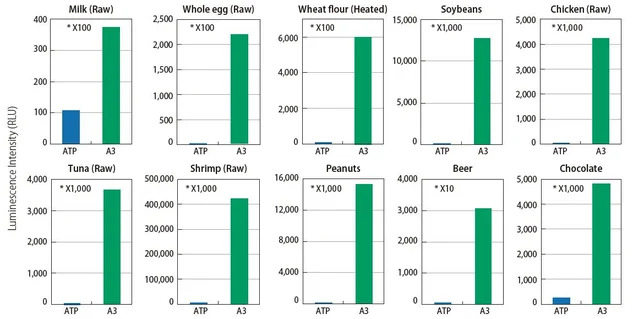 See how A3 technology finds what ATP technology can’t
See how A3 technology finds what ATP technology can’t